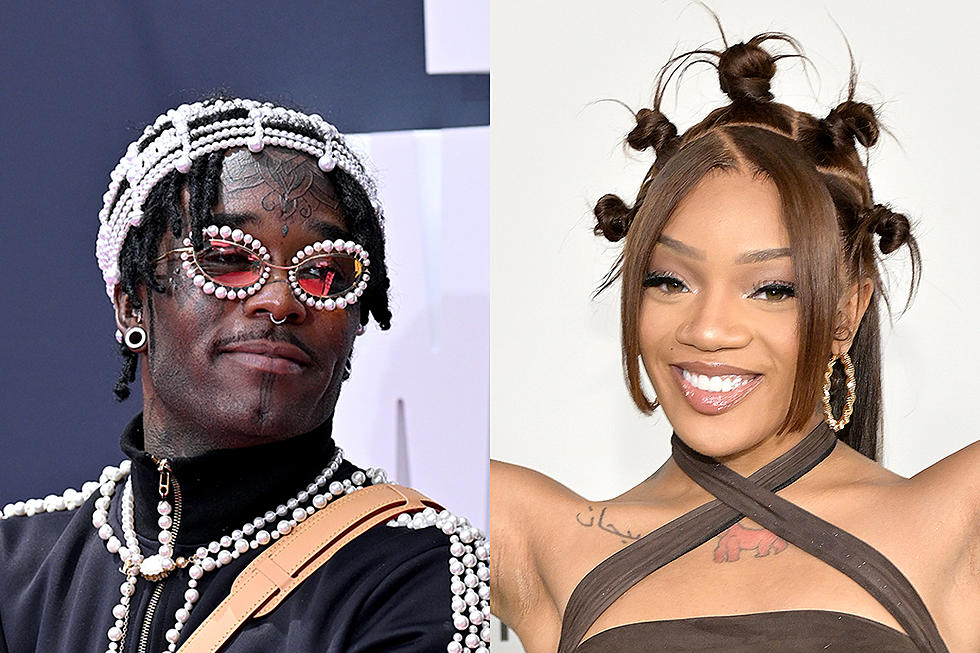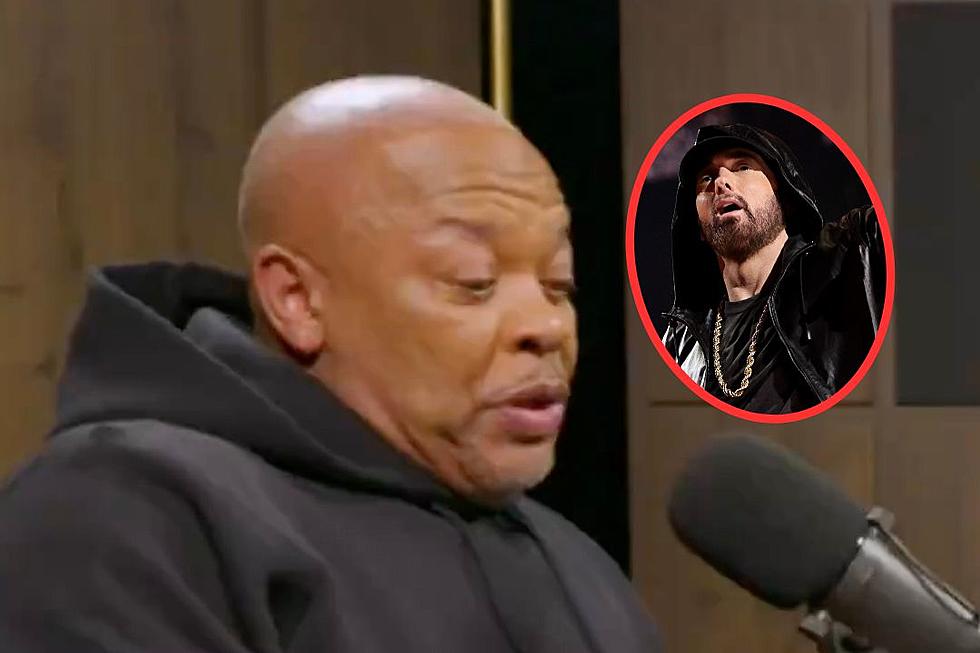
Dr. Dre Brings Plenty of Standout Moments on His ‘Compton’ Soundtrack
It’s well known that Dr. Dre relies on ghostwriters for his raps, but his decision to name his 1992 debut solo album The Chronic might be the most ingenious use of a double entendre in hip-hop history. The iconic album cover is designed like a pack of rolling papers but most prominently features a portrait of a supremely self-assured Dre, wholly cognizant of how the music he's making will forever transform the genre. Years later, in the midst of various criticism, 2001 would function as a therapeutic rant session set to brilliant instrumentation. For the majority of his career, Dre has seemed paranoid that the world will forget about the likes of him, the D.O.C. and Eazy-E, one of the main reasons he elects to remind fans at every turn. His music has always been more a chronicle of his journey than an ode to weed and sex, despite what many would think. Fittingly, Dre has decided to conclude his three-act story not with the hilariously long-awaited Detox, but with Compton: A Soundtrack—a cinematic tribute to where the story first began.
Arguably his most experimental project to date, Compton is both a verbal and sonic narrative of Dre’s career thus far. The sounds are an amalgam of the bright and varied production styles he has pioneered over the years, spanning the rock-laden turntable stabs of his early days, his iconic G-Funk sound and his latter reliance on live session players. Dre’s rhymes ring with a newfound dynamism, mostly swapping his historically subdued flow with manic, fluctuating vocal cadences in the vein of the likes of ScHoolboy Q. Like the Sly Stone “Family Affair” vibe of his previous releases, a smattering of hand-picked guests amplify the overall recipe, ranging from the old school (Ice Cube, COLD 187um, Snoop Dogg) to the new (King Mez, Justus). As always, Dre’s real brilliance lies in how he manages to fuse the entire package together.
Aided by King Mez and Justus, “Talk About It” is laced in the same octane-filled vigor of a contemporary club smash while simultaneously paying tribute to Dre’s past and present accomplishments. “Genocide” combines the fresh voice of Kendrick Lamar with a nostalgic instrumental that revisits his early N.W.A work. While all those involved are cognizant of the momentous occasion—Compton is, after all, just Dre's third solo album in 23 years and first in the last 16—Aftermath signee and 2014 XXL Freshman Jon Connor is arguably the lyrical star of the album, complementing a spirited Snoop performance on the sonic gut-punch “One Shot Kill.” Dre again enlists Connor’s help on “For The Love Of Money” to criticize artists with ulterior motives, all the while paying a subtle homage to the late great Eazy-E.
But in the midst of its circus-trick composition and sensational guest appearances, Compton makes time to poignantly touch on social issues. Just in time for the one-year anniversary of Michael Brown’s tragic murder at the hands of law enforcement, the “Fuck Tha Police” producer addresses police brutality on “Animals.” With the help of Anderson .Paak’s impassioned crooning, Dre echoes the sentiment of many by criticizing a racially prejudiced justice system that chiefly targets the impoverished: “Not all of us is criminals/Yet cops be yelling, ‘Stay back nigga!’/We need a little bit of payback.” The track acts not only as a fitting extension to Dre’s final verse on 2001’s “The Watcher,” but it encapsulates an issue he has tackled throughout his 30-plus-year career.
Eminem is only featured on one song, but his lengthy verse on “Medicine Man” is undoubtedly one of most dazzling moments on the album. Dre first gives a scathing critique of hip-hop’s current climate, then the instrumental abruptly shifts to the eerie, funereal production of The Slim Shady LP as Eminem escorts the listener back in time to the first days of their partnership. Despite being one of the most rehashed stories in music history, Eminem’s emotionally charged delivery proves to be emphatically arresting with every carefully weighted bar.
Compton concludes with the appropriately-titled grand finale, “My Open Diary.” Dre gives fans one last chronicle of his career going from an ambitious Compton teenager to a world-renowned icon, ending with a retrospective portrait of his N.W.A. days: “You in the booth and Cube in the corner writing/Where Ren at? Shout out to my nigga Yella/Damn I miss that.” Regardless of whether or not the album will spawn a generation of imitators like his previous releases, Compton is a proper capstone to Dre’s legendary career. —Kellan Miller
More From XXL









